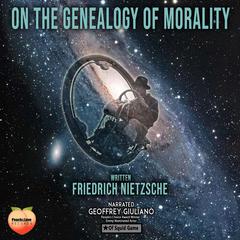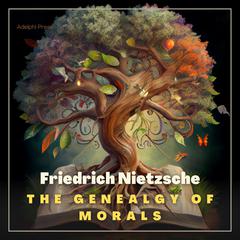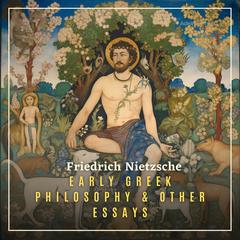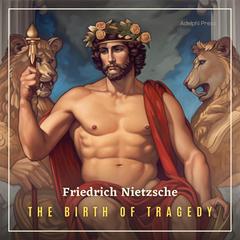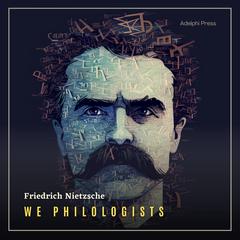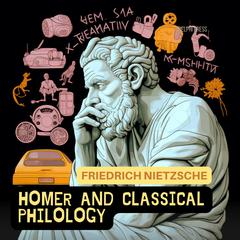 Play Audiobook Sample
Play Audiobook Sample
Thoughts Out Of Season Audiobook
 Play Audiobook Sample
Play Audiobook Sample
Quick Stats About this Audiobook
Total Audiobook Chapters:
Longest Chapter Length:
Shortest Chapter Length:
Average Chapter Length:
Audiobooks by this Author:
Publisher Description
Friedrich Nietzsche's 'Thoughts Out Of Season' is an extended philosophical reflection on the implications of modern nihilism in 19th century Europe. It is a penetrating analysis of the result of the intellectual, spiritual and moral paralysis that Nietzsche perceived as afflicting European culture in his era. The text examines the consequences of a widespread rejection of traditional values and beliefs, reflecting upon their implications for both individuals and society at large. Read in English, unabridged.
Download and start listening now!
Thoughts Out Of Season Listener Reviews
Be the first to write a review about this audiobook!
About Friedrich Nietzsche
Friedrich Nietzsche (1844–1900) was a nineteenth-century German-born philosopher and classical philologist. He wrote critical texts on religion, morality, contemporary culture, philosophy, and science, using a distinctive German language style. In 1889 he exhibited symptoms of insanity and lived his remaining years in the care of his mother and sister. His ideas exercised a major influence on several prominent European philosophers, including Martin Heidegger, Albert Camus, and Jean-Paul Sartre.














